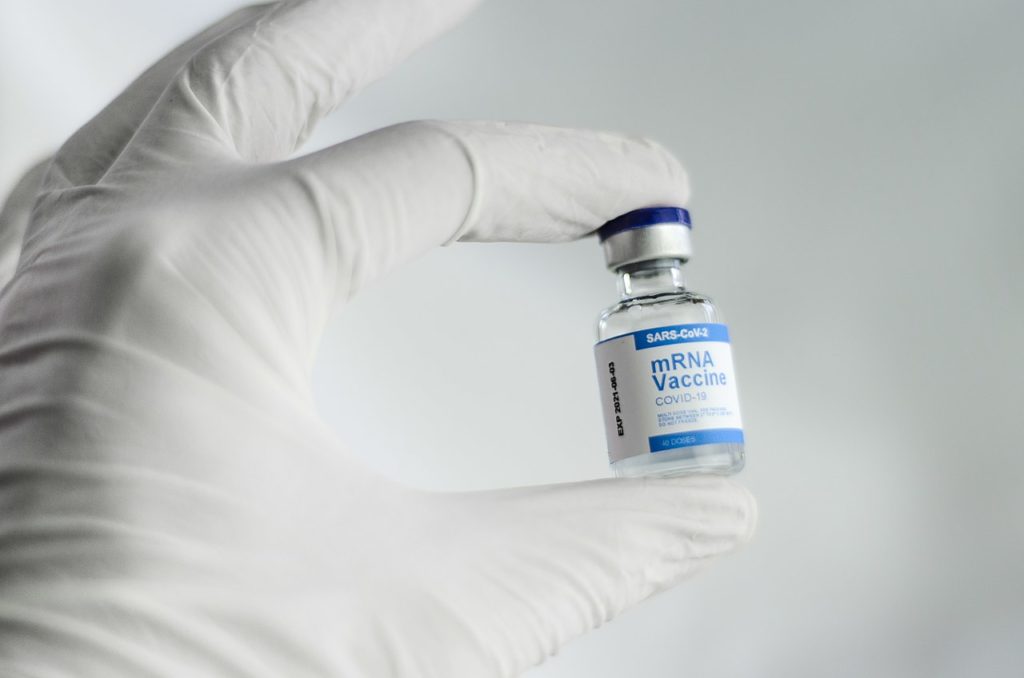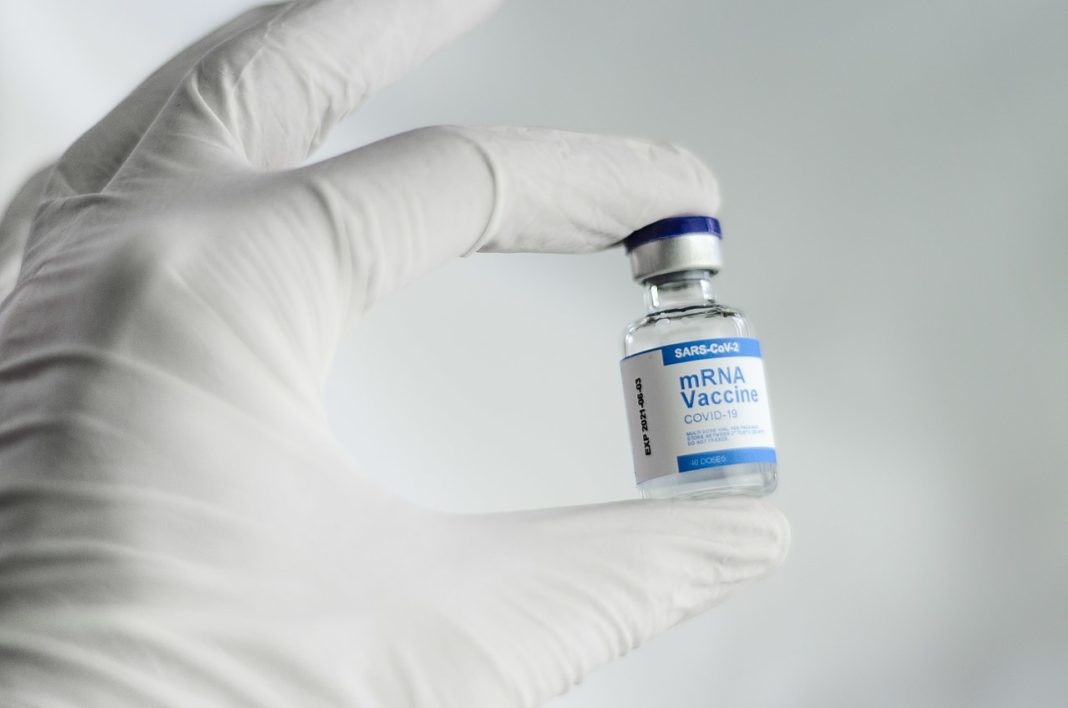Researchers from Tel Aviv University and the Israel Institute for Biological Research have developed the world’s first mRNA vaccine effective against bacteria.
By modifying proven mRNA technology used to fight COVID and other viral pathogens, the scientists developed a single-dose vaccine that fully protects mice against the Plague, the lethal disease that killed millions of people during the Middle Ages and is still around today, especially in parts of Africa and Asia.

The researchers hope to adapt the vaccine for other diseases, especially ones caused by antibiotic-resistant bacteria that could lead to a fast-spreading pandemic.
Although the researchers are pleased with the results of their peer-reviewed study of the Plague-causing Yersinia pestis, published last week in Science Advances, they believe that other microbes are now the priority.
The advantage of mRNA vaccines is that they are now familiar, effective, and can be quickly developed. In the case of SARS-CoV2 (COVID-19), it took only 63 days to move from the publishing of the virus’s genetic sequence to clinical trials of the vaccine. Both the Moderna and Pfizer vaccines were mRNA vaccines.
The challenge with developing mRNA vaccines against bacteria derives from the fact that bacteria differ from viruses in a key way. Viruses depend on external (host) cells for their reproduction. They insert their mRNA molecule into human cells and use them as factories for producing viral proteins based on their genetic material.
In mRNA vaccines, the molecule is synthesized in a lab, then wrapped in lipid nanoparticles resembling the membrane of human cells. When the vaccine is injected into the human body, the lipids stick to the cells, leading the cells to produce viral proteins. The human immune system becomes familiar with these proteins and learns to protect the body in the event of exposure to the real virus.
According to timesofisrael















